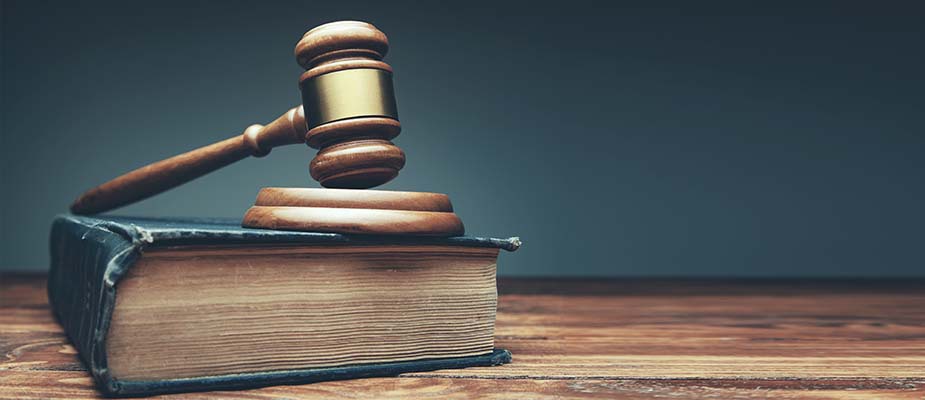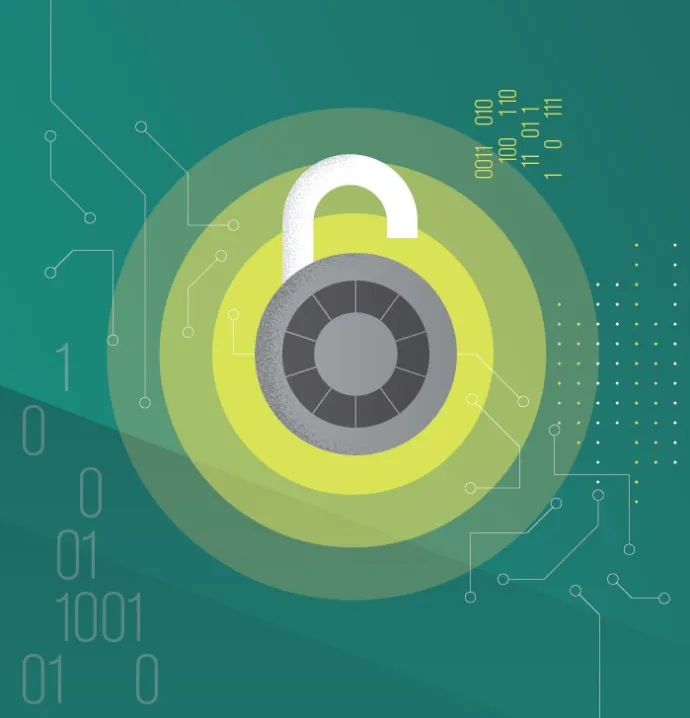What if... We must hold rule-breakers accountable?
What if... We must hold rule-breakers accountable?

On November 17, 2021, prior to the US House of Representative’s vote to censure Rep. Paul Gosar, Congresswoman Lauren Boebert, from Colorado’s 3rd Congressional District, delivered a fiery speech on the House floor, part of which attacked a fellow Congresswoman, Ilhan Omar, from Minnesota. US Representative Lauren Boebert, from Colorado’s 3rd Congressional District, was elected to her post in 2020. Boebert has quickly gained a reputation for “ugly and unsavory” actions, and using politics to promote her personal brand.
Later that evening, Kyle Clark, a news anchor at KUSA 9News, an NBC affiliate in Denver, called out Boebert’s behavior:
Representative Lauren Boebert launched an Islamaphobic attack against fellow Congresswoman Ilhan Omar on the House floor today, suggesting that the Congresswoman from Minnesota is involved in terrorism, calling her a member of the ‘Jihad Squad,’ and repeating an unsupported smear that Omar had married her brother. [video clip of Boebert’s speech shown here] It’s time that we acknowledge something that may be obvious by now. We hold Republican Congresswoman Lauren Boebert to a different standard than every other elected official in Colorado. We hold Congresswoman Boebert to a far lower standard. If we held her to the same standard as every other elected Republican and Democrat in Colorado, we would be here near nightly chronicling the cruel, false, and bigoted things that Boebert says for attention and fundraising. This is not about politics, assuming politics is still about things like taxes, national security, health care, jobs, and public lands. This is about us, as journalists, recognizing that we’ll hold the politician accountable if they say something vile once, but we won’t do it if they do it every day. Our double standard is unfair to all the elected officials in Colorado, Republicans and Democrats, who display human decency.
Later interviewed on CNN’s “Reliable Sources” show, Clark said:
I think there is a clear double standard that almost creates an incentive for elected officials, if they are going to say things that are cruel or false or bigoted, to do it a lot, to ‘flood the zone’ with that disinformation and bigotry, so it just kind of becomes noise. When it becomes their brand, we’re less likely to hold them accountable for individual instances.
When asked if journalists can do something about this problem, Clark responded:
This is something I think a lot of journalists wrestle with. We don’t want to mistakenly amplify disinformation. We don’t want to unnecessarily amplify bigotry. But yet, when we have an elected official who is pushing falsehoods…we can’t ignore those things, because when we ignore the disinformation, we normalize it, and we erode the foundation of American democracy.
In spite of what the introduction to this post sounds like, this is NOT an essay about politics. Rather, as Mr. Clark pointed out, it is about what we (as individuals and citizens, not necessarily journalists) should do about people who flout societal norms, break the rules or laws governing behaviors, or break widely accepted moral standards. This question has arguably become more relevant in recent years, as deviant (used here in the sociological sense of “actions and/or behaviors that violate social norms across formally enacted rules (e.g., crime) as well as informal violations of social norms”) behavior has become more widespread. In this guise, “deviant” denotes “different,” without implying judgments of “good or bad,” “moral or immoral.”
One of the impacts of a highly individualistic society, as we have in the US, is wider acceptance (or at least, tolerance) of deviant behaviors. Because we desire and place a high value on being able to do what each of us wants, there is an implied requirement that we allow others that same dispensation. But…there are limits. We don’t want rigid behavioral totalitarianism—nor do we want social anarchy. So, how and where to we stop people from behaving in a deviant manner? Note that this question is a far different one than simply calling out deviant behaviors.
It has always seemed to me that “good” people operate at a disadvantage to those who willingly don’t follow the rules. Those who choose to live within the law and societal norms have limits that the rule-breakers don’t. Some random, extreme examples: how does a priest or rabbi stop a serial murderer; how does the stereotypical accountant stop a tax fraud; how does a bank teller stop a bank robber? Less extreme, how does a constituent stop his or her Congressional Representative from breaking rules of decency and decorum? Of course, there is always the possibility of using physical (often violent) force against the rule-breaker; but isn’t the “bad guy” likely to be more adept and experienced at that sort of thing? Even if the “good guy” is successful in stopping the deviant behavior, isn’t he or she then likely to feel guilt or shame for resorting to violence?
In the 1987 film “The Untouchables,” Sean Connery’s character repeatedly asks Kevin Costner (playing Eliot Ness), “What are you prepared to do?” Connery’s character, erstwhile Chicago police officer Jim Malone, seems to be acknowledging that rule-followers must break those very rules in order to stop the “bad guys.” Is this true? If so, how can a “good guy” break the rules and still be a good guy? Is it OK to do bad things for a good cause? These questions don’t have to entail extreme acts, such as murder. It could be something as innocuous as pulling onto the road shoulder during a traffic jam, to halt other drivers from illegally driving on it. What if I decided to not pay income taxes because I object to how the government spends that money? (Special note: I do pay my income taxes, state and federal.)
“The only thing necessary for the triumph of evil is for good men to do nothing” (often attributed to eighteenth-century Irish philosopher Edmund Burke) seems especially apropos here. There seems to be a moral duty to take action against evil (however defined), but that leaves the question of how to oppose evil while adhering to moral and societal norms unanswered. I agree that we have a moral duty to oppose rule-breaking, assuming those actions are harmful, or evil—dying one’s hair purple doesn’t seem so bad), but I have no answer about how, or how far to go. Unfortunately, this problem seems to be happening more and more regularly these days. This is a question many of us will have to wrestle with sometime during our lives. We should consider the problem now, before we are actually faced with that dilemma in real time.
The views and opinions expressed are those of the author and do not imply endorsement by the University of Northern Iowa.




